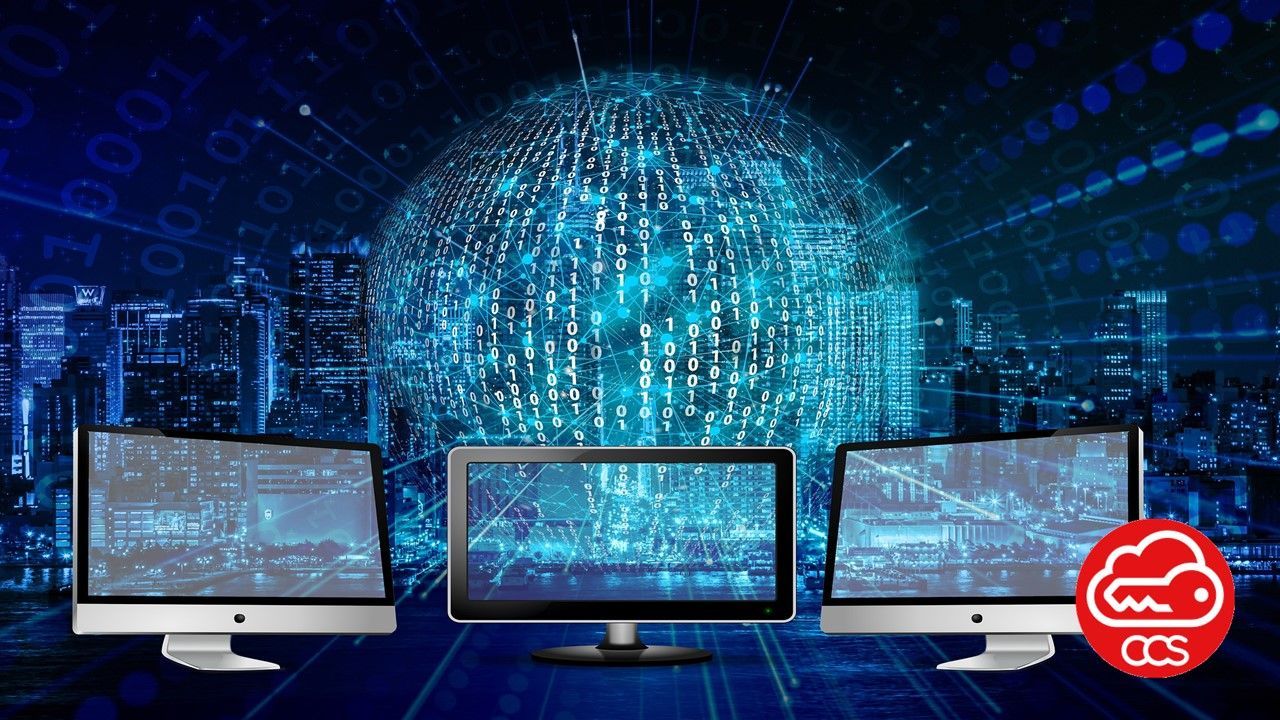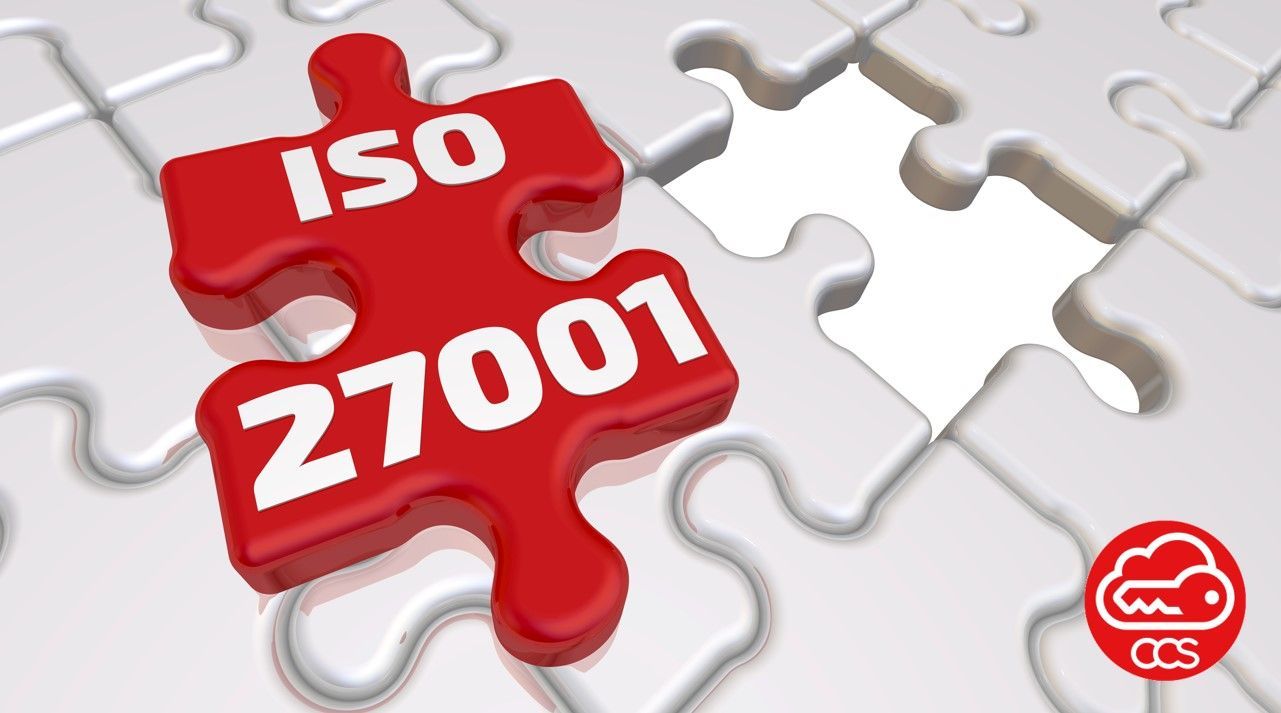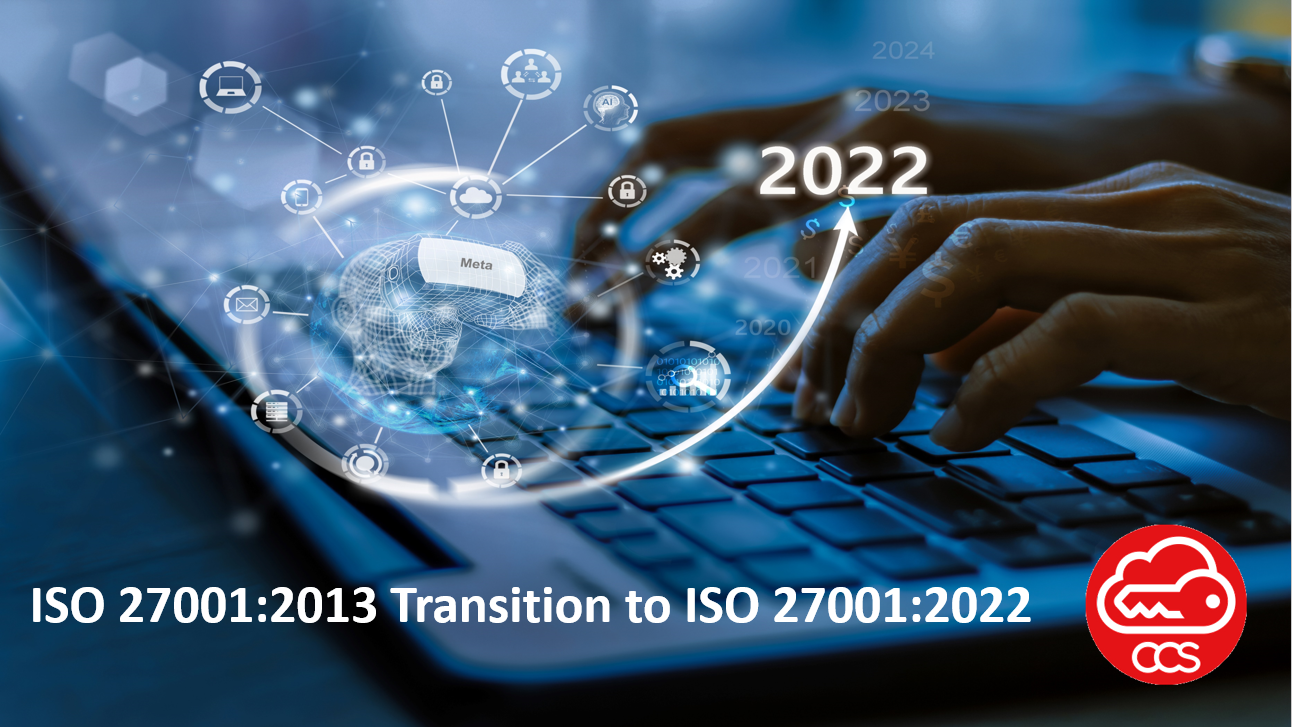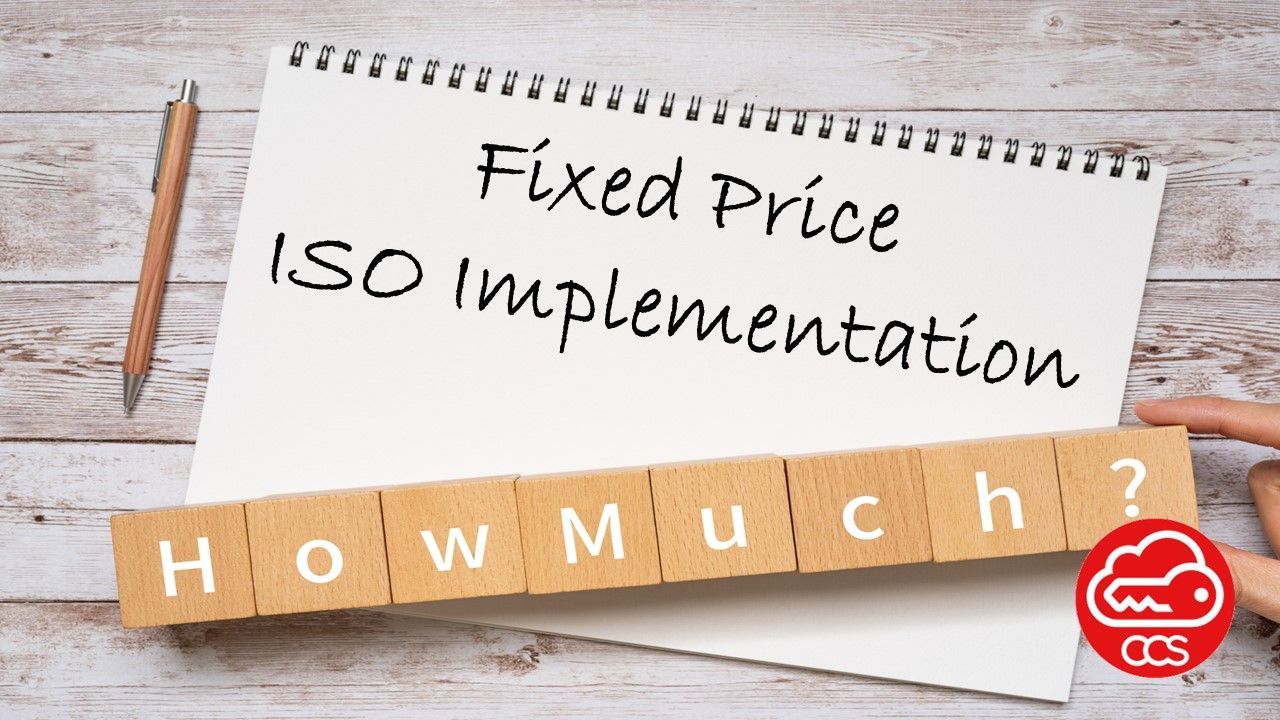ISO 27001:2022
Safeguarding Information Security in the Digital Age
In an era where digital transformation is reshaping industries and driving innovation, safeguarding information security has become more critical than ever. With cyber threats evolving at an alarming rate and data breaches making headlines regularly, organizations must adopt robust strategies to protect their sensitive information. Among the various frameworks available, ISO 27001:2022 stands out as a comprehensive standard designed to address the challenges of information security management systems (ISMS) in the digital age.
Understanding ISO 27001:2022
ISO 27001:2022 is the latest iteration of the internationally recognized standard for Information Security Management Systems. It provides a systematic approach to managing sensitive company information, ensuring its confidentiality, integrity, and availability. Unlike prescriptive approaches, ISO 27001 emphasizes a risk-based methodology, enabling organizations to tailor their security controls to their unique risk profile and digital environment.
Risk Management in a Digital Landscape
One of the key strengths of ISO 27001:2022 lies in its emphasis on risk management. In the digital age, where threats are diverse and constantly evolving, organizations need a structured approach to identify, assess, and mitigate information security risks effectively. By implementing ISO 27001, organizations can establish processes for ongoing risk assessment, enabling them to stay ahead of emerging threats and vulnerabilities.
Adapting to Digital Technologies
With the proliferation of cloud computing, IoT devices, and mobile technologies, the digital landscape has become increasingly complex. ISO 27001:2022 is designed to accommodate these technological advancements, providing a flexible framework that can be tailored to suit various types and sizes of organizations. Whether operating in a traditional on-premises environment or a cloud-based infrastructure, organizations can leverage ISO 27001 to implement appropriate security controls and safeguard their digital assets.
Protecting Data in the Digital Age
Data has become the lifeblood of modern organizations, making data protection a top priority. ISO 27001:2022 offers a comprehensive framework for implementing data protection measures, including encryption, access controls, and data backup procedures. By adhering to ISO 27001 standards, organizations can mitigate the risk of data breaches and ensure the confidentiality and integrity of their sensitive information.
Achieving Compliance and Building Trust
In addition to addressing internal security concerns, ISO 27001:2022 can also help organizations demonstrate compliance with regulatory requirements. In an increasingly regulated environment, compliance with standards such as GDPR, HIPAA, and CCPA is essential. By achieving certification to ISO 27001, organizations can showcase their commitment to information security and build trust with customers, partners, and regulators alike.
Fostering a Culture of Continuous Improvement
The digital landscape is dynamic, with new technologies and threats emerging regularly. ISO 27001:2022 promotes a culture of continuous improvement, requiring organizations to regularly review and update their information security management processes. By staying vigilant and proactive, organizations can adapt to changing circumstances and maintain the effectiveness of their security controls over time.
In conclusion, ISO 27001:2022 provides a robust framework for safeguarding information security in the digital age. By adopting a risk-based approach, adapting to digital technologies, protecting data, achieving compliance, and fostering continuous improvement, organizations can enhance their resilience against cyber threats and build trust with stakeholders. In an era where information security is paramount, ISO 27001:2022 offers a blueprint for success in navigating the complexities of the digital landscape.






